Market Share
Diesel Genset Market Share Analysis
In the competitive landscape of the diesel genset market, various strategies are employed by companies to position themselves and capture market share effectively. One prominent strategy is differentiation, where companies aim to distinguish their products from competitors through unique features, performance capabilities, or value-added services. By offering innovative features such as enhanced fuel efficiency, quieter operation, or advanced control systems, companies can appeal to specific customer segments and carve out a distinct market position.
Another key strategy is cost leadership, where companies focus on minimizing production costs and offering competitive pricing to attract price-sensitive customers. This approach requires efficient manufacturing processes, economies of scale, and strategic sourcing of components to maintain a competitive edge in pricing while still delivering quality products. By targeting cost-conscious segments of the market, companies can increase their market share and drive volume sales.
Market segmentation is also essential for companies to effectively position themselves in the diesel genset market. By identifying and targeting specific customer segments based on factors such as application, power capacity, geographic location, or industry vertical, companies can tailor their products and marketing efforts to meet the unique needs of each segment. For example, companies may develop specialized genset models for use in critical applications such as hospitals, data centers, or industrial facilities, catering to the specific requirements of these customers and enhancing their market penetration within these segments.
Furthermore, strategic partnerships and alliances play a crucial role in market share positioning strategies within the diesel genset market. By collaborating with distributors, dealers, or original equipment manufacturers (OEMs), companies can expand their market reach, leverage existing distribution networks, and gain access to new customer segments. Joint ventures or strategic alliances with complementary businesses, such as engine manufacturers or renewable energy companies, can also provide opportunities for product diversification and market expansion.
In addition to product differentiation and cost leadership, branding and reputation management are essential components of market share positioning strategies in the diesel genset market. Establishing a strong brand identity built on quality, reliability, and customer satisfaction can differentiate companies from competitors and instill trust and confidence among customers. Positive word-of-mouth recommendations and testimonials from satisfied customers can further enhance brand reputation and influence purchasing decisions, ultimately driving market share growth.
Moreover, continuous innovation and product development are critical for companies to stay competitive and maintain market share in the rapidly evolving diesel genset market. By investing in research and development, companies can introduce new technologies, improve product performance, and address emerging customer needs and market trends. Whether it's integrating digital monitoring and remote diagnostics capabilities or incorporating renewable energy integration features, innovation allows companies to stay ahead of the curve and secure their position in the market.
Overall, market share positioning strategies in the diesel genset market are multifaceted and require a combination of differentiation, cost leadership, market segmentation, strategic partnerships, branding, innovation, and customer-centric approaches. By carefully executing these strategies and staying attuned to changing market dynamics and customer preferences, companies can strengthen their competitive position, expand their market share, and drive long-term growth and profitability in the diesel genset market.


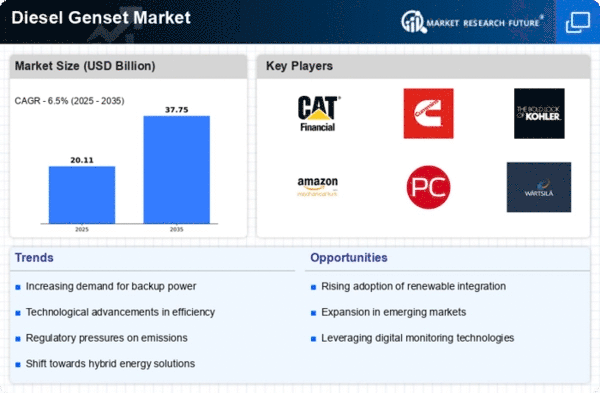
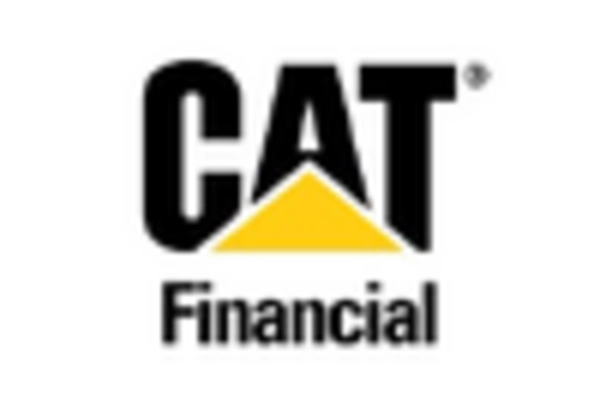
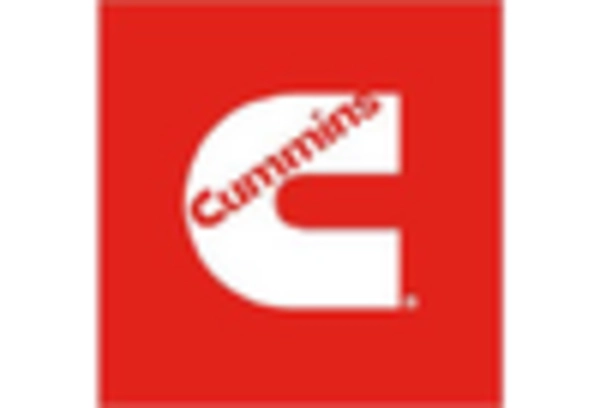
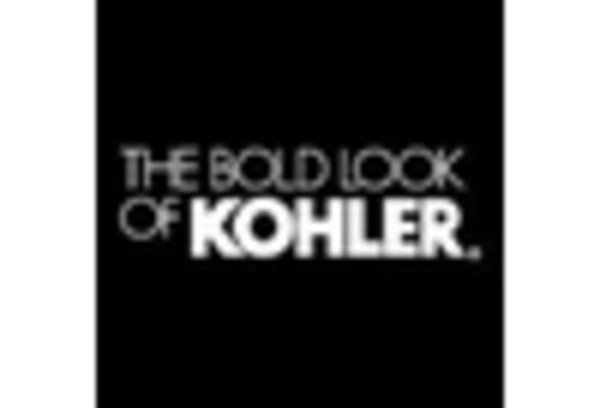
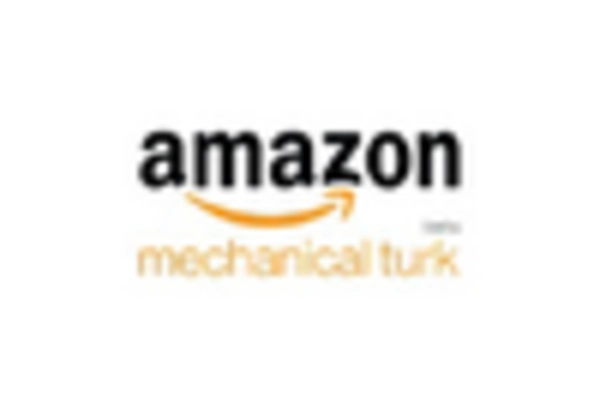
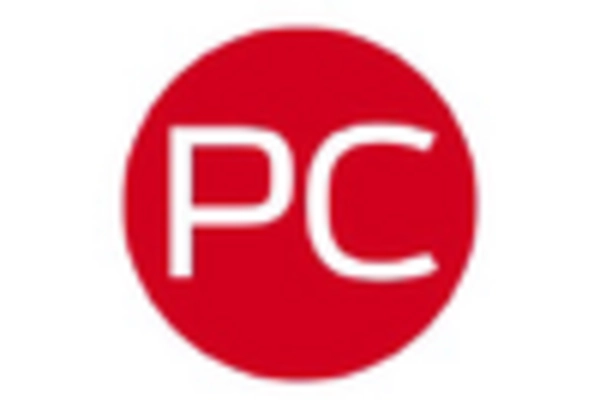










Leave a Comment